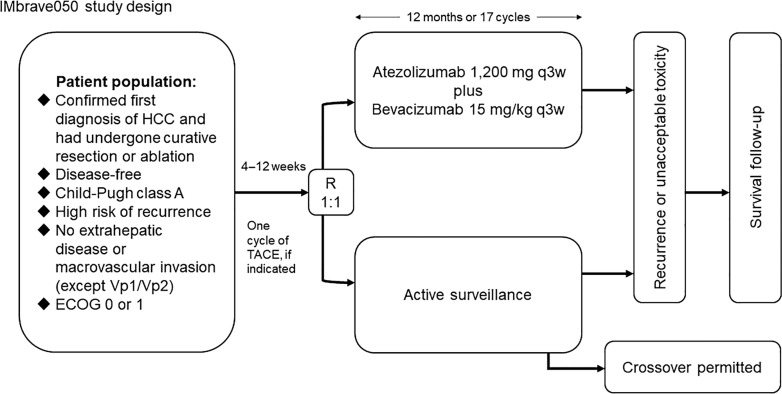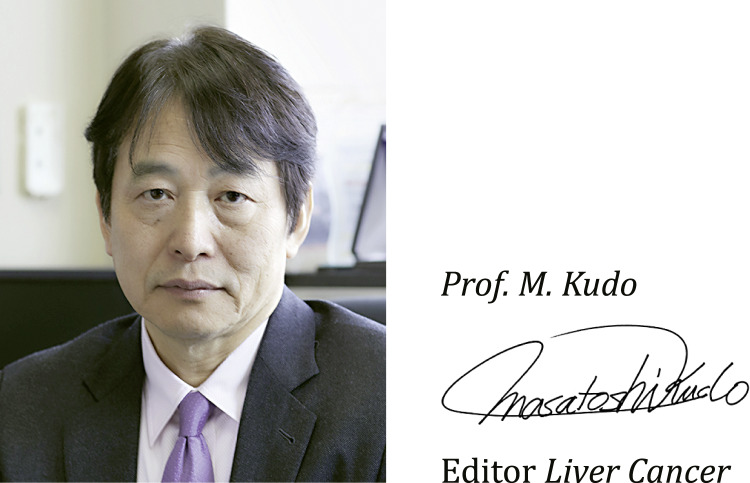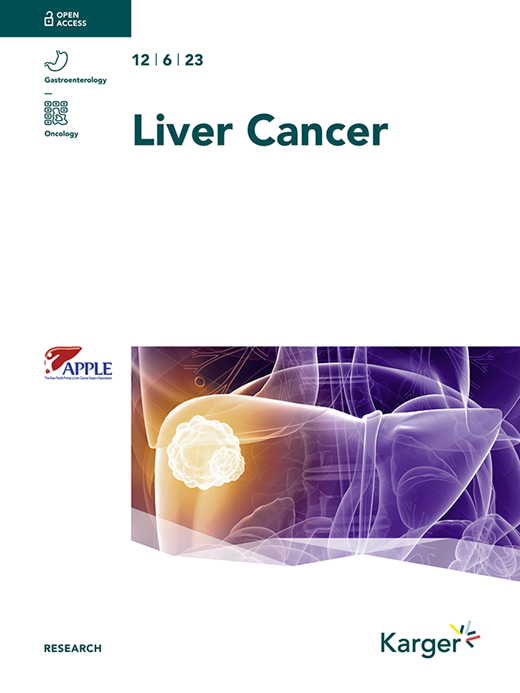Adjuvant Atezolizumab-Bevacizumab after Resection or Ablation for Hepatocellular Carcinoma.
IF 11.6
1区 医学
Q1 GASTROENTEROLOGY & HEPATOLOGY
引用次数: 2
Abstract
Hepatic resection and radiofrequency ablation (RFA)/ microwave ablation are well-established curative treatments for hepatocellular carcinoma (HCC); however, the disease often recurs [1, 2]. Pathological studies of resected HCC specimens reported that microscopic intrahepatic metastases are present in about 10% of patients with a solitary HCC measuring 2 cm or less. Microvascular invasion is also present in about 27% of patients [3]. Based on these facts, it is believed that there is a certain risk of recurrence of intrahepatic metastasis, even for a single nodule measuring 2 cm or less. Furthermore, the larger the tumor, or the presence of multiple HCCs larger than 2 cm, increases the risk of intrahepatic metastasis and microvascular invasion, and therefore the risk of intrahepatic metastatic recurrence [4, 5]. There are two patterns of recurrence after curative treatment: early and late. Early recurrence involves mainly intrahepatic metastasis via the portal vein, while late recurrence has a more multicentric etiology [2]. About 80% of HCCs recur 5 years after RFA or resection [6]. The main reason for the poor prognosis associated with HCC is frequent recurrence, even after curative treatment. Repeated TACE to treat recurrence worsens liver function in many cases, resulting in death from liver failure. Conversely, if HCC recurrence after curative treatment can be suppressed, the prognosis should improve dramatically. Several adjuvant trials have been conducted to inhibit recurrence, but all yielded negative results [7–9]. To date, representative clinical trials of adjuvants that help to prevent recurrence include a trial of Vitamin K [7], the NIK-333 trial that used retinoid [8], and the STORM trial


阿特唑单抗-贝伐单抗在肝细胞癌切除术或消融后的辅助治疗。
本文章由计算机程序翻译,如有差异,请以英文原文为准。
求助全文
约1分钟内获得全文
求助全文
来源期刊

Liver Cancer
Medicine-Oncology
CiteScore
20.80
自引率
7.20%
发文量
53
审稿时长
16 weeks
期刊介绍:
Liver Cancer is a journal that serves the international community of researchers and clinicians by providing a platform for research results related to the causes, mechanisms, and therapy of liver cancer. It focuses on molecular carcinogenesis, prevention, surveillance, diagnosis, and treatment, including molecular targeted therapy. The journal publishes clinical and translational research in the field of liver cancer in both humans and experimental models. It publishes original and review articles and has an Impact Factor of 13.8. The journal is indexed and abstracted in various platforms including PubMed, PubMed Central, Web of Science, Science Citation Index, Science Citation Index Expanded, Google Scholar, DOAJ, Chemical Abstracts Service, Scopus, Embase, Pathway Studio, and WorldCat.
 求助内容:
求助内容: 应助结果提醒方式:
应助结果提醒方式:


